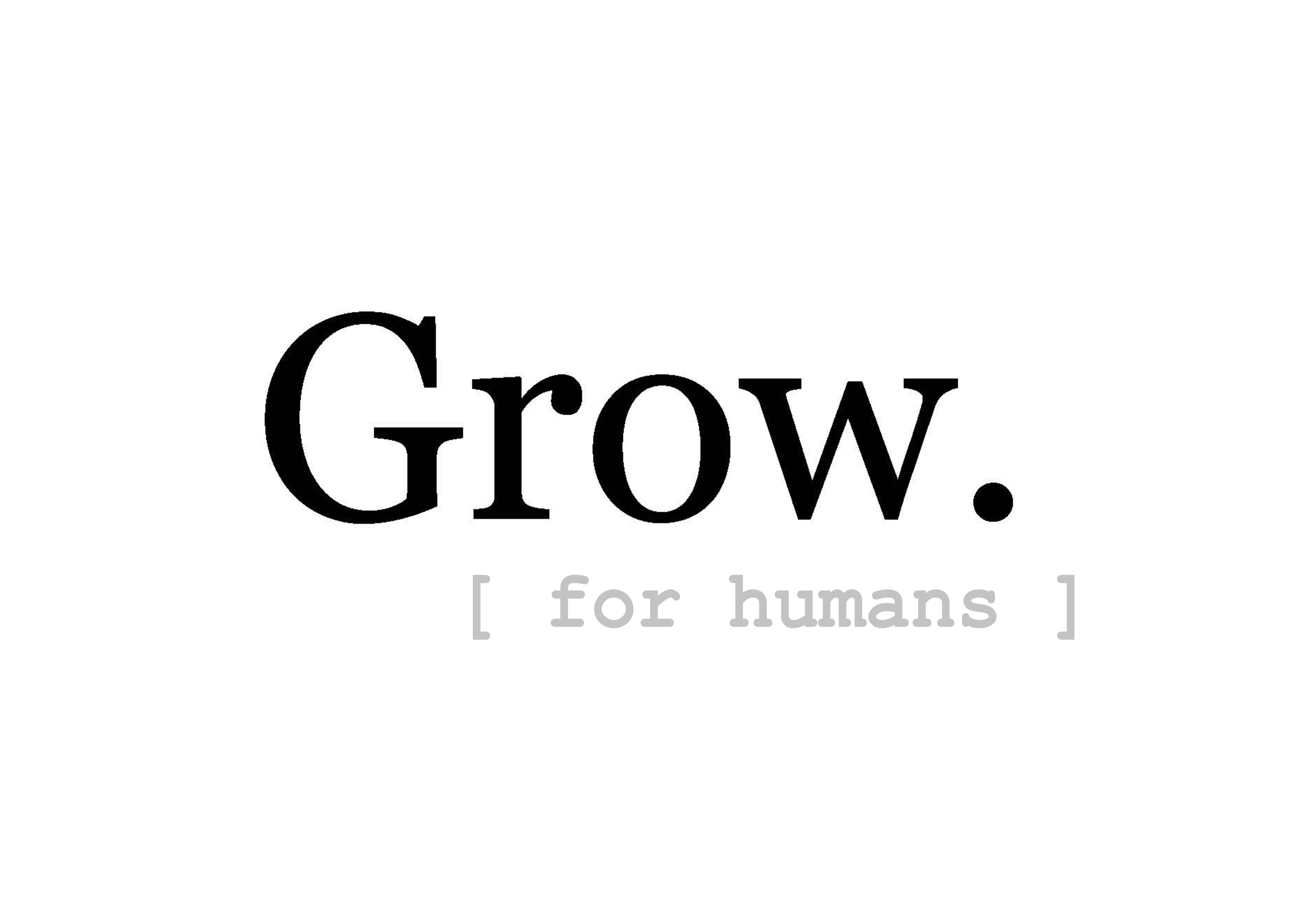I speak to a lot of people who are interested in the potential benefits of mindfulness meditation. The main thing that often stands in their way is their own belief that they are not able to concentrate or remain focused.
This is the equivalent of someone who wishes to get fit not training because they tend to get out of breath when they exercise. It is precisely the fact that your mind wonders when you try to focus on one thing which acts as an invitation for you to then gently notice that your mind has wondered. Through noticing that your mind has wondered, you are exercising your levels of concentration as you would exercise a muscle. You don’t need to berate yourself for not concentrating hard enough, and you do not need to even bring your mind forcibly back to whatever it was that you were concentrating on. Just through becoming aware or mindful that this has happened will automatically help you to refocus your mind.
Still sound complicated?
Imagine it like this. You wish to focus mindfully on nothing but your breath. You start well, noticing how your breath enters and leaves your body. You start to congratulate yourself. Perhaps you should tell your friends: you wonder how they would respond? WAIT! Your mind has wondered. Immediately as you notice that your mind has wondered, your thoughts gradually fade and your attention naturally returns to the breath.
It is human nature to tend to group things into ‘good’ on the one side and ‘bad’ on the other. When involved in mindfulness meditation, we tend to see concentration as ‘good’ and the mind wandering as ‘bad’, and yet it is precisely this wandering mind which helps us improve our concentration. When it happens, welcome it! Be thankful for it, and acknowledge that through your mind wandering, you are able to strengthen your levels of attention, awareness and concentration.
You may feel that this ‘mind game’ is all very annoying and pointless, but through regular daily repetition of this simple cycle of focus / drift / refocus you are gradually building your powers of concentration. “Great, but how does this help me?” you may ask. Mindfulness meditation builds up your concentration to a point where you are able to start to notice things that you didn’t notice before. You start to notice patterns in your own behaviour which you don’t like. You notice your mind chattering away, and the subject of this chatter. You distance yourself from this chattering mind, and are able to start to guide it into thinking in more positive and beneficial ways of thinking. You start to become the person you really want to be as opposed to being confused by the bewildering and often contradictory thoughts which run through your mind. You become less focussed on yourself and more focused on others, and through doing so increase your levels of fulfilment and happiness.
If this sounds like fiction, take a look at the facts. Mindfulness meditation has been scientifically correlated to reductions in stress, anxiety and depression in many pieces of research. It has also been shown to have an effect on your ability to focus, show empathy and compassion for others, improve communication in relationships, and find increased levels of meaning and purpose in everyday life. If you are only interested in tangible fact, regular mindfulness meditation practice has been correlated to increases in density of grey matter in the brain. Yes, that’s right! Your brain changes physically!
Both the NHS and the UK government have become increasingly interested in this research, and both organisations are now actively encouraging mindfulness in all areas of life, from schools and further education to the workplace to the care home.
If you would be interested in finding out more, please contact me for details of mindfulness training courses which I plan to offer in the near future both over Skype and in the Bedfordshire and London areas.

